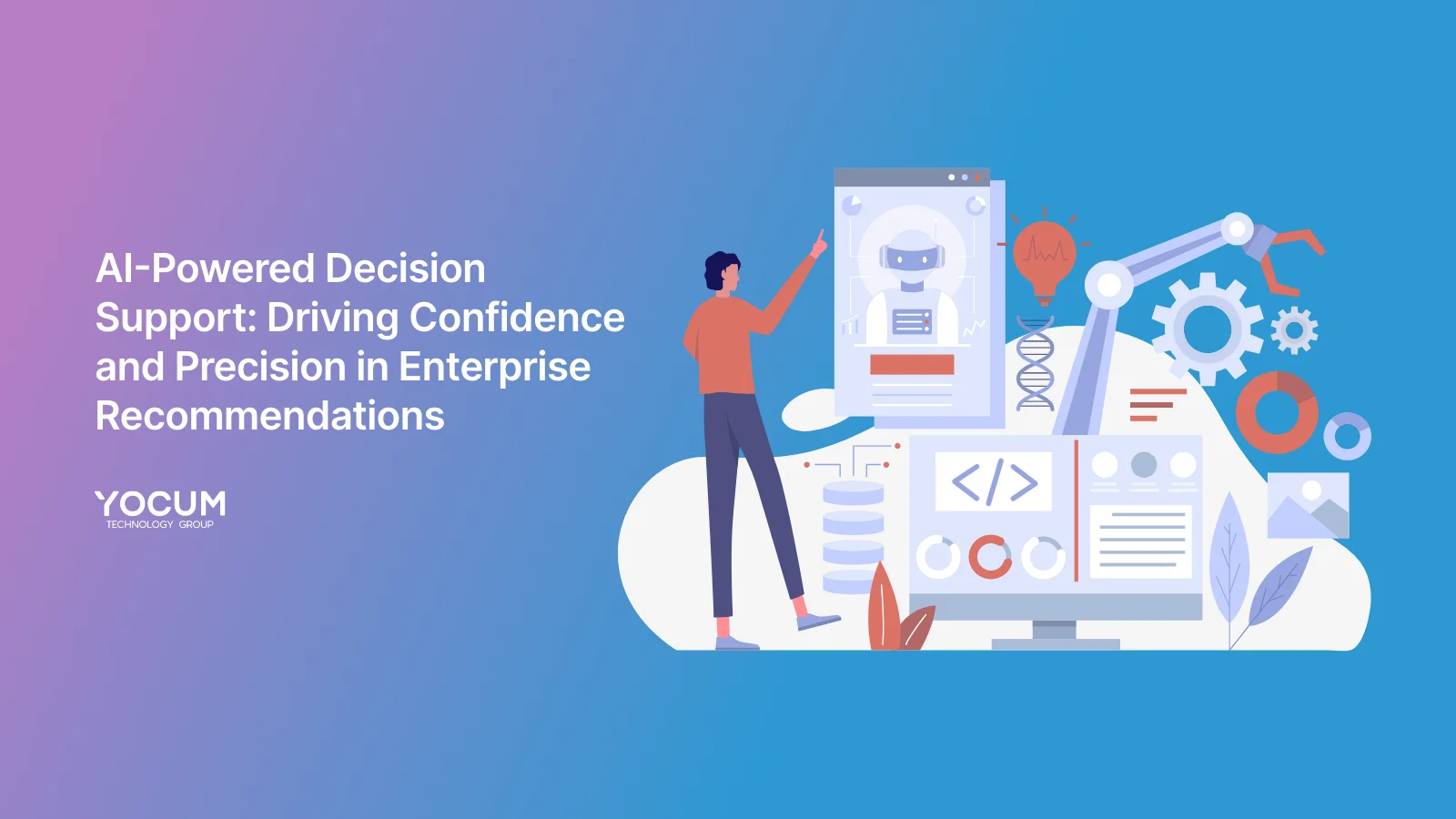AI-Powered Decision Support: Driving Confidence and Precision in Enterprise Recommendations
Modern enterprises are increasingly turning to AI-powered decision support systems to make data-driven decisions with confidence. By integrating disparate data sources and leveraging advanced machine learning algorithms, these systems provide actionable insights that improve decision-making precision and scalability.


















.webp)










.webp)
.webp)

.jpg)



























.webp)


















.webp)

















.webp)



